Here’s Why You Need to Keep Them Safe: and What Can Happen If You Don’t.
Death is stressful in numerous ways, including logistically: Figuring out how to manage a loved one’s affairs postmortem requires a deep-dive into estate planning documents, finances, and other items that can trigger both emotions and stress. A missing will or other estate planning documents can only exacerbate the sense of overwhelm. In North Carolina, the original, signed will is the only one that matters, so if it goes missing, there is no acceptable substitute.
Typically, when someone dies, the executor steps in to file the will with the court, thus opening the six-to-twelve month probate process. This is a key part of good estate planning: finalize your will, keep it somewhere safe, and choose a responsible executor to ensure your family members and heirs are given what you promised them. Check, check, check.
But sometimes, things do not go according to plan. What happens if you lose or misplace your will or other estate planning documents? What does this mean for your heirs?
Here, we briefly discuss a few best practices for keeping your documents safe, and what can happen if you don’t.
Preserving Your Documents
Where you keep your will or other estate planning documents is entirely up to you. There are no legal requirements that a will be stored in a certain place or in a particular form. Nonetheless, the key is to notify trustworthy family members and your executor. As the testator, you should not be the only person to know where your will is located.
As a general best practice, keep your documents somewhere secure and safe from destruction by fire, water, or other natural elements. A few places you can consider are:
- Your safety deposit box
- A firebox where you keep other important documents
- With your executor and/or a trusted family member
Ask your attorney if you can keep a copy at his or her office, and solicit suggestions or recommendations on keeping the documents secure, safe, and in good condition.
The Consequences of a Lost Will
The law considers a will tantamount to the testator’s own voice, explaining who will inherit what. As such, losing this record can result in confusion and lack of clarity, as well as disputes among surviving family members.
- It can cause disputes and arguments among family members about what the decedent would have wanted
- It can spark debates about who is entitled to distributions under the will (and how much)
- It can cause disagreements about what property is a part of the estate
Above all, however, a lost will (or lack of one altogether) will result in the State’s intestacy scheme being applied to the estate. This means that the State’s laws for those who died intestate (without a will) – NOT the testator’s own desires and commands – will determine who inherits the estate property. In many cases, this will not even remotely align with what the testator would have wanted.
In North Carolina, the intestacy laws dictate that:
- If the testator has minor children but no spouse, his children take all of the estate assets in equal shares.
- If he was married but has no living children or grandchildren, the spouse takes all.
- If he leaves behind a spouse and a child, each takes half.
- If he leaves behind a spouse and multiple children, the spouse takes one-third of the property and the rest is divided equally among the children.
- When it comes to items like investments, antiques, or jewelry, the surviving spouse takes all, if the total value is less than $60,000.
- If the property is valued at more than $60,000, and the testator leaves behind a spouse and children, the spouse takes $60,000 plus half the remaining value. The remainder is divided among the children.
These may not align with what the testator wanted, so subjecting an estate to the intestacy scheme can leave families feeling depleted, divided, and cheated. Not to mention, lack of guidance from the testator directly can result in unnecessary disputes among family members and potential heirs. As such, the intestacy laws underscore the importance of keeping an estate plan secure and safe, where the testator himself – not the State – is able to decide what should happen to his property when he dies.
Seeking Legal Guidance
Because North Carolina’s intestate succession laws are complex, it’s vital to protect your family from needless mishaps and legal hurdles. However, if you do find yourself in a difficult situation, don’t hesitate to contact one of our fiduciary litigation attorneys for guidance. We can help you identify the issues, pinpoint specific problems, and devise a plan for how to handle your legal disputes.

